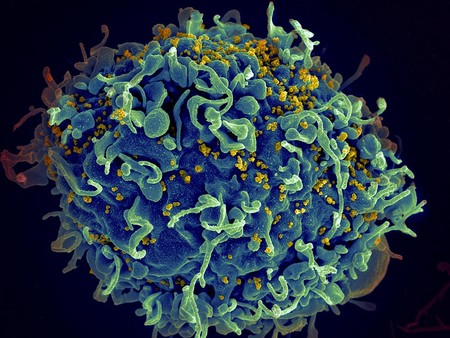Recently, a paper published online by Science Immunology revealed new work out of Caltech that is improving vaccines by adding human DNA to lentiviral vectors in order to boost the human immune response.
Lentiviral vectors are parts of viruses, specifical lentiviruses like HIV, that are used in vaccines to enhance their effectiveness. The viral parts are made benign but their unique characteristics make them ideal for carrying genetically specific materials into cells fighting pathogens. Dr. David Baltimore and his team researched what role certain material, like human DNA and proteins, played in the formation of these vectors and whether they were critical to the effectiveness of the vaccines.
A lentiviral vector vaccine is manipulated to activate a specific immune system by introducing parts of an antigen into dendritic cells, a kind of immune cell. In turn, the dendritic cells expose the antigen material to T and B cells, which allows these unique immune cells to catalog the specific antigen. Next time the T and B cells come across the same antigen they will recognize the molecule and mount a response.
The vectors themselves are created inside of genetically engineered human cells, where they absorb the necessary antigen but also additional material from the human cell. Caltech researchers found that it is these extra bits of human genomic DNA that help give the vaccines a boost. Dr. Jocelyn Kim, the first author on the paper, suggests it is because the immune system recognizes human DNA where it should not be and that triggers it into the early and more powerful reaction.
Dr. Baltimore and his Caltech team will continue working with lentiviral vector vaccines to better understand their working mechanisms and improve their performance as a cancer treatment.
More News to Read
- 3D Printing’s Even More Affordable Now Thanks to SparkMaker
- Is it the End of the Road for Silicon Chips?
- Researches Made a Softer and Smarter Robotic Arm for Endoscopic Surgeries
- Breakthrough for Alzheimer’s Patients Comes in the Form of Enzyme Blockage
- Researchers Use AI Algorithm to Help Those Suffering From Sleep Disorders

